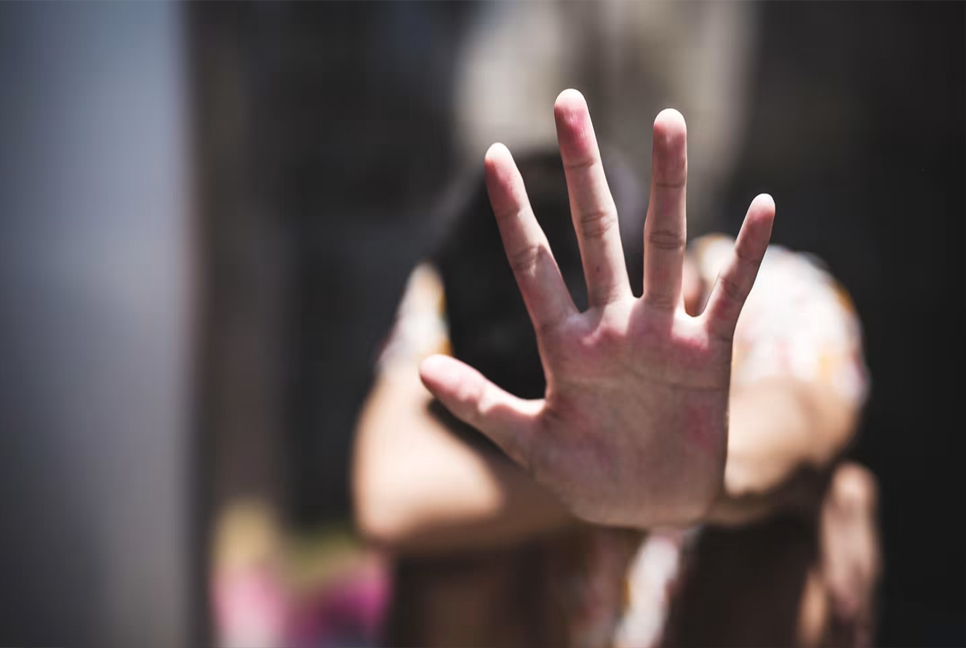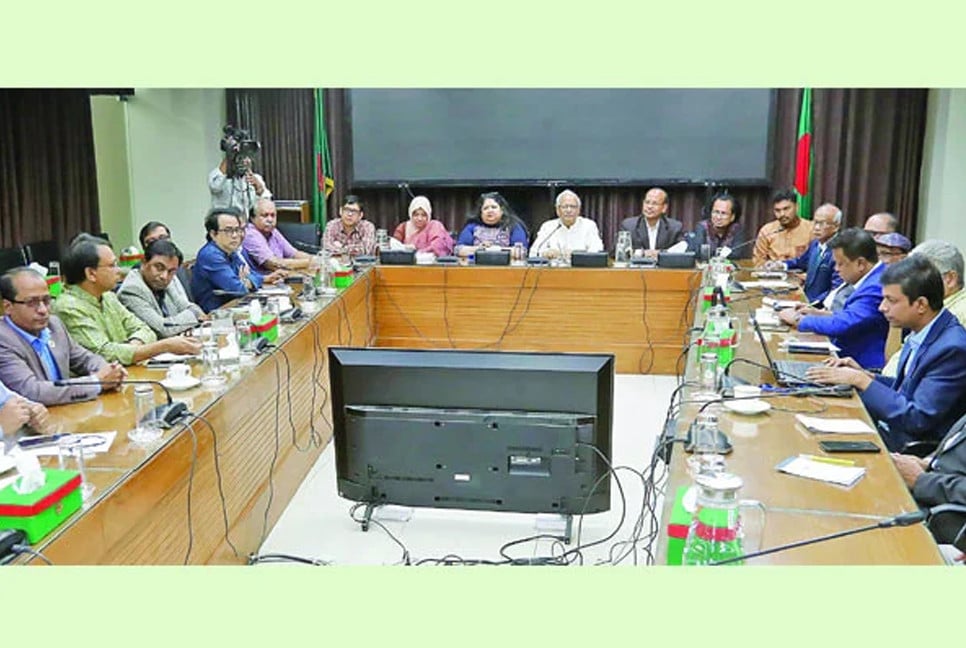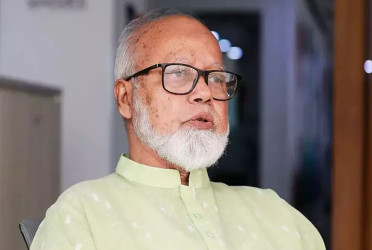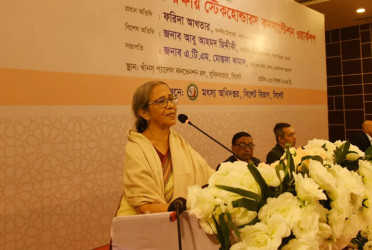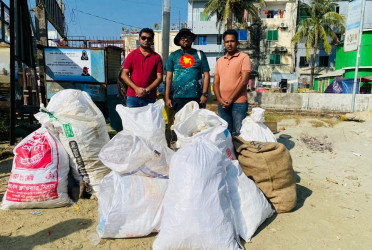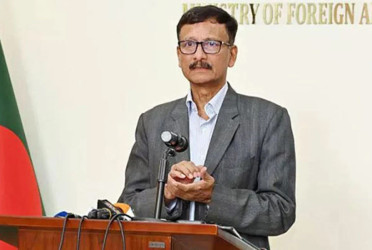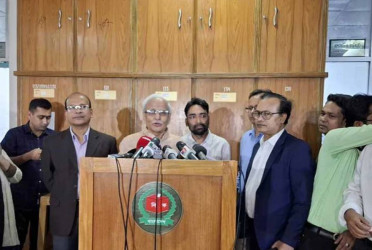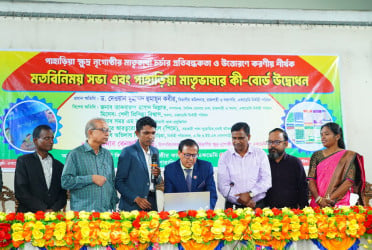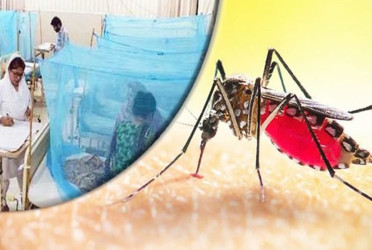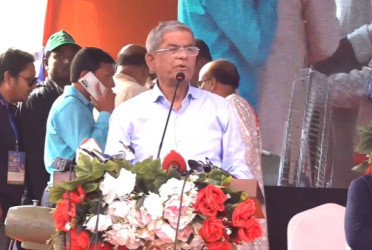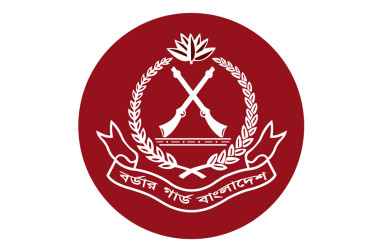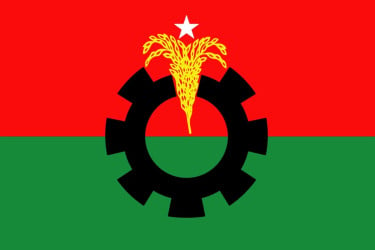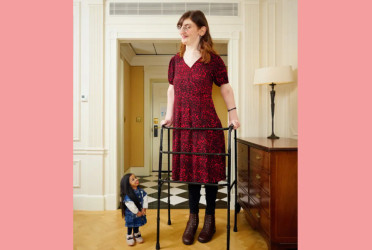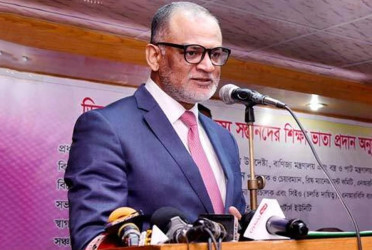The women in the country are still facing violence and harassments both in their home and outside world. Many real life examples show the matter is true.
For example, Sadia, 20, a girl of Puranpara area of Barishal, committed suicide by hanging herself on last Monday. She was married only one and half months ago. Her family gifted gold ornaments, fridge while she got married, in addition to give the husband gold chain and ring. Tk 8 lakh were spent for the marriage program. However, her husband Rubel began to torture her for dowry from the very beginning. He asked Sadia to bring Tk 3 lakh from her family and sent her to parental home for bringing in the money. Even, he threatened Sadia to give divorce in case of failure in providing dowry. Sadia, upon reaching parental home, committed suicide when nobody was in the house.
However, Sharmin, a service-holder woman in Dhaka, who was engaged in job after marriage, couldn’t save herself from the torture of husband. So, she decided to divorce her husband. She’s thinking of living separately with her 3 years old child. It was found that her skeptical husband began to torture mentally after the marriage and at one stage it turned into physical torture.
Not only family violence, women are subjected to sexual harassment and violence in various places including educational institutions, workplaces, roads outside their own houses. For example, students of Dhaka's Vikharunnisa Noon School and College have accused a teacher of sexual harassment last week. The teacher has already been arrested, legal proceedings are underway. At the same time, a female student filed a harassment complaint against a teacher of Dhaka University. The university authorities are investigating the matter. According to a joint survey by UNDP Bangladesh, National Human Rights Commission and CRI, about 87 percent of women in the country have been harassed at least once in their life. 36 percent of women are regularly sexually harassed in public transport including bus-launch-train s. 57 percent of women consider public transport to be the most unsafe. Apart from public transport, women are most harassed on roads, shopping malls, online platforms.
According to the joint survey results, women are harassed during the day. 52 percent of women were harassed during the day and most of the incidents occurred in the afternoon. 36 percent of women protested after harassment. Only 1 percent of harassed women sought help from law enforcement. And 44 percent of women did not get any help despite being publicly harassed.
According to statistics, violence against women is consistently one of the most alarming issues in Bangladesh. Especially rape, gang rape, post-rape killing, sexual harassment, family violence and child killing and torture continue to happen. According to the latest statistics from the Law and Arbitration Center (ASC), 573 women were raped and gang-raped across the country in 2023. Among them, 33 became victims of post-rape murder and five committed suicide after rape. 129 people were victims of attempted rape. Among them, three people were killed after the rape attempt, three people committed suicide due to the rape attempt. At least 142 women were victims of sexual harassment and abuse last year. 122 men were subjected to torture and harassment while protesting against harassment of women. During the year, 12 women committed suicide due to harassment.
Apart from this, four women and four men were killed while protesting against sexual and verbally harassment. Even online, women are not safe; Discrimination, humiliation and sexual harassment against women is also increasing through this platform. ASC says that 507 women were victims of domestic violence last year. Among them 292 died due to torture and 142 committed suicides. In 2022, 479 women were victims of domestic violence. On the other hand, 142 women were tortured for dowry in 2023. Among them, 64 women were killed after physical abuse and six women committed suicide.
Analysts say, along with the implementation of strict laws, the new generation should be raised to speak out against social injustices like violence and torture against women. There must be a committee to monitor and prevent sexual harassment. Advocate Elina Khan, chief executive of human rights organization Bangladesh Human Rights Foundation, told The Bangladesh Pratidin, "Even though rape and acid throwing have decreased, family violence has increased. This is because in our society there is no counseling when children get married. Both the husband and the wife need to change their mentality in making a family and in some cases they have to make concessions. Due to excessive mobile phones use, a husband or wife is not able to give the attention they should give to the family. Again, many people are busy watching various serials on TV. Men are also getting involved in negative things due to excessive addiction to mobile phones. As these issues are increasing day by day, the level of domestic violence is also increasing. A working woman has to remember besides doing work outside the home that she has to fulfill her responsibility towards her children at home as children want their mother closer. Again, the husband's responsibility is to support the wife if she is working and give enough time to the child.”
Rasheda K Chowdhury, Executive Director of Mass Literacy Campaign and former caretaker government advisor, said, "We have not been able to make educational institutions, roads and workplaces safe for women anywhere. Violence against women has not started recently but has been going on for a long time. Laws, policies, goodwill of the government, directives of the High Courts are all there to counter them. But the challenge is in lack of monitoring to see whether these are being implemented or not. In the case of the student's hair cutting in the educational institution, the head teacher tried to conceal her crime by saying that the hair was cut due to disorderly behavior. She should have known that it is a crime to physically and mentally punish a student. Education administration, local government, women and children affairs ministry should strengthen monitoring system to prevent women and children abuse.”
(The report was published on print and online versions of The Bangladesh Pratidin on March 8 and rewritten in English by Lutful Hoque Khan)

